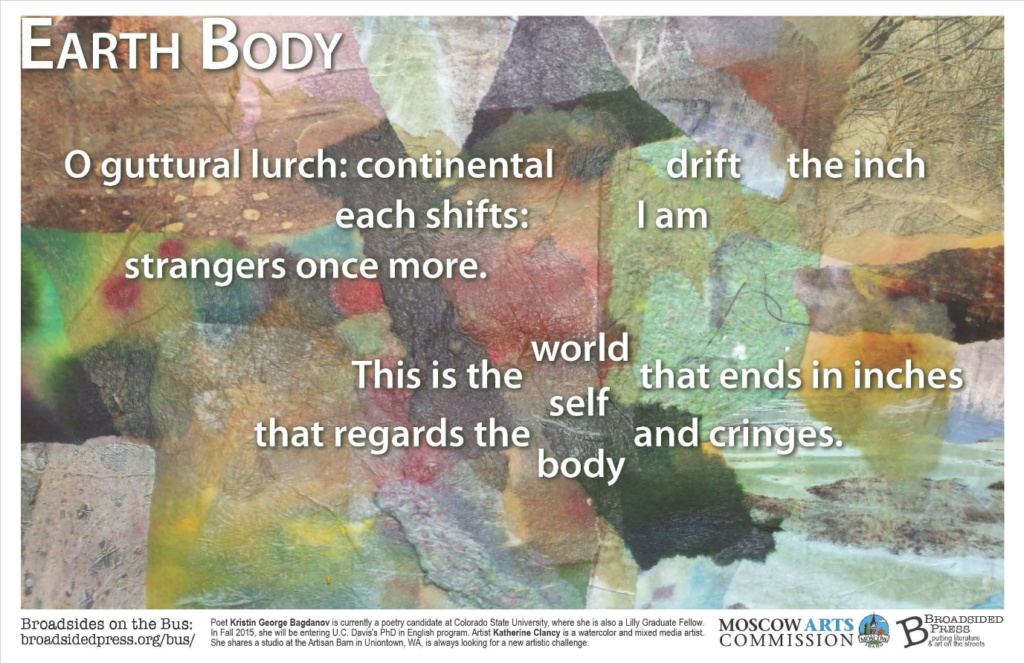Grateful for Jillian A Fantin’s astute review of Fossils in Sage Cigarettes Magazine. Fantin writes:
By the end, we discover Kristin George Bagdanov’s collection is one rife with dualities: scientific and lyric, objective and subjective, individual and collective. Though these aforementioned dualities initially appear paradoxical in nature, Bagdanov subverts her reader’s expectations by combining these dualities within her particularly crafted forms. In doing so, she explores individual and collective bodies and our current ecological epoch through the lens of an intimate speaker.
Read the rest here.

